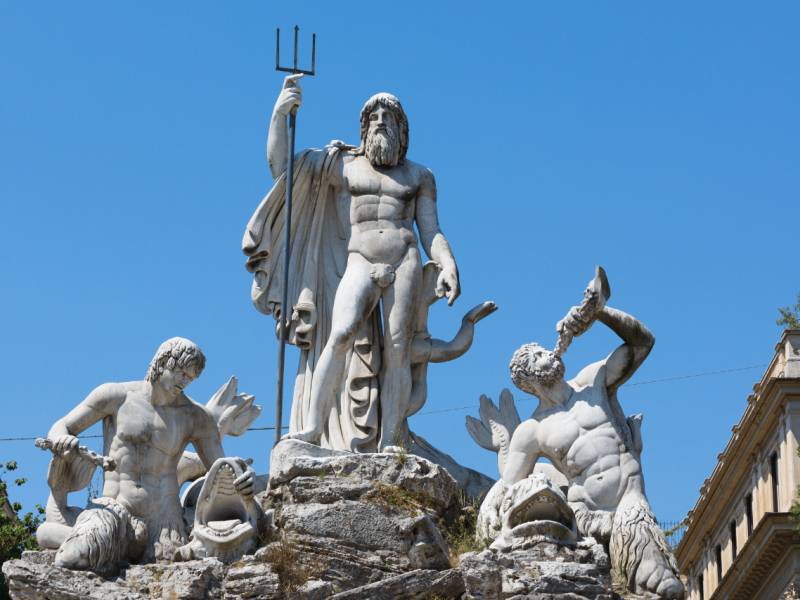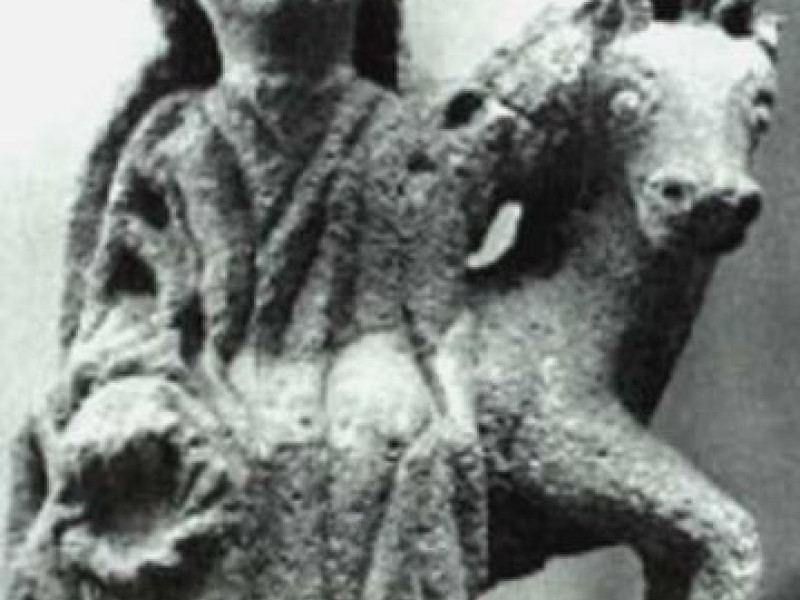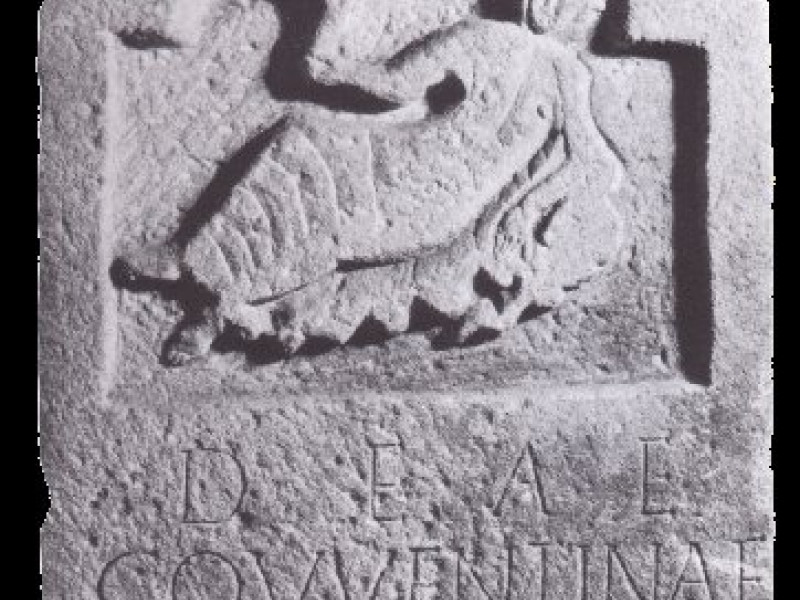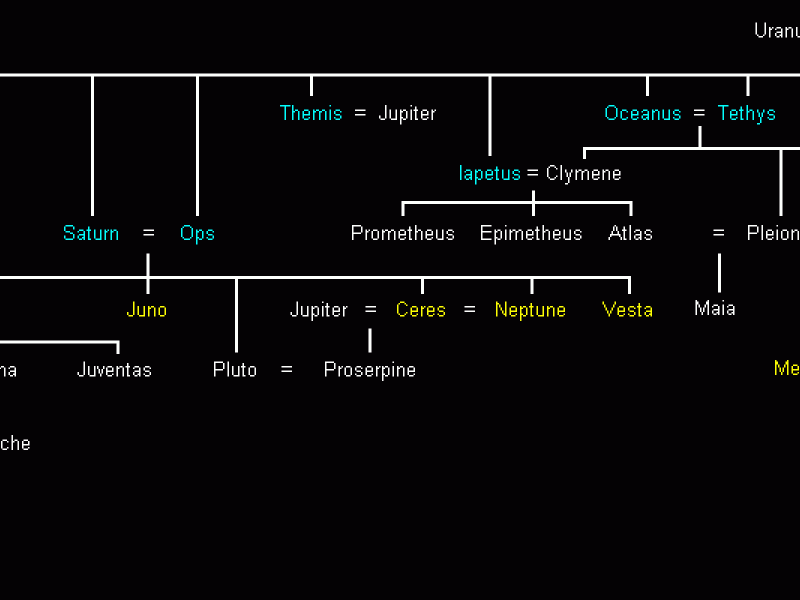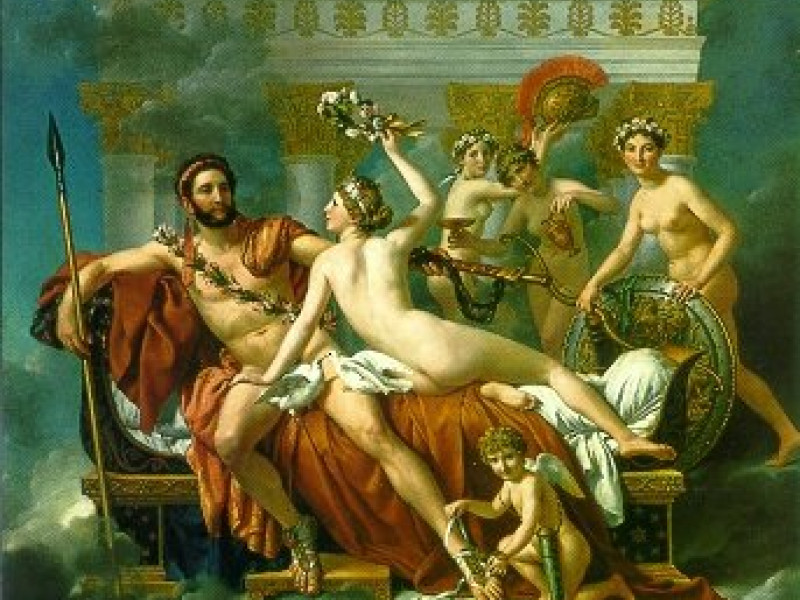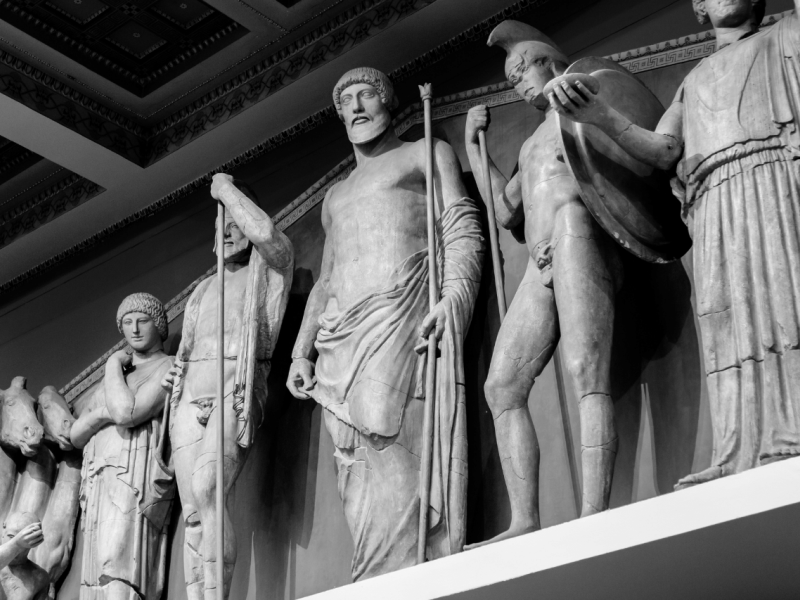Roman Deities
The religion of the Romans underwent several evolutionary changes throughout the history of Rome. One of the greatnesses of Rome was their ability to change, adapt or absorb foreign ideas, customs and practices.
The early Romans saw their deities performing certain functions. They were deities with specialised functions. The god would perform his or her task if his or her name were invoked.
These gods were seen as objects that performed a task, such as a door. Or the god was a force of nature that caused sky to the rain, was involved in the change of season, etc.
Unlike other religions, the early Roman deities had no myths. The early Romans did not feel the need to humanise their deities with human action or personality. They did not feel the need to have the gods and goddesses married to one another, or have offspring. Such concepts were not accepted in the early part of Roman history.
Most of the early Roman deities had agricultural and pastoral natures, especially deities of fertility. All the common deities we know of today were formerly gods of the field, agriculture, and fertility, such as Mars, Venus and Saturn.
It wasn't until the Romans came into the contact with the Etruscans in Etruria (Tuscany) and the Greeks living in Campania that the early Roman deities underwent changes. They were particularly influenced by the tales in the Greek myths. The Roman deities became increasingly human, where they could suffer from lust, anger and sorrow.
The earliest Roman deities were either invented by themselves, or their origin came from the Latin or Sabine pantheons. The Romans also adopted many Etruscan deities into their pantheon.
The three most powerful and important gods were the triad of Jupiter, Mars and Quirinus. During the period of the Etruscan kings, a great temple was built on the Capitoline Hill, honouring a triad of Jupiter, Juno and Minerva. Vesta and Janus were also important early deities, enjoying worship at first in a private shrine in each Roman house, later to a more formalised State religion. There was no Roman equivalent to the Greek Apollo. Apollo was a direct import from Greece and enjoyed popular status in Rome. The Roman name for the Olympians, the twelve great gods of Olympus, was Dii or Di.
By the time of the 1st century BC, it was difficult to identify the original nature of the Roman deities. They adopted attributes of the Greek deities and incorporated Greek myths into their own myths.
The Romans adopted many non-Greek deities into their pantheon. Among the notable deities were the Phrygian Cybele, the Egyptian goddess Isis, the Celtic horse goddess Epona, and the Persian god Mithras. (See Gallic Deities and British Deities about Romano-Celtic deities in Celtic myths.)
Besides adopting deities of other foreign cultures, Roman writers also assigned Roman names to various Celtic gods in Gaul (France) and Britain. The popular Roman names used in this context were Mercury, Mars, Jupiter, Pluto, Apollo, Minerva and Hercules. (See Gallic Deities and British Deities about Romano-Celtic deities in Celtic myths.)
Please note that I will not write articles on all the Roman gods that have Greek equivalents unless there are notable differences between the Greeks and Romans. If the information on the Roman deity was completely the same as the Greek one, then it would be best to provide a link to the Greek equivalent. See Greek Equivalents.

Roman Deities

Jupiter

Mars

Quirinus

Juno

Minerva

Mercury

Janus

Diana

Venus

Cupid (Amor)

Vulcan

Neptune

Pluto (Dis)

Tellus (Terra Mater)

Saturn

Ops

Consus

Ceres

Proserpina

Liber

Bellona

Picus

Faunus

Bona Dea (Fauna)

Silvanus

Flora

Pales

Vertumnus and Pomona

Fornax

Egeria

Salus

Somnus

Oneiroi (Dreams)

Fortuna

Felicitas

Pax

Juturna

Fontus
For Vesta, see Household Guardians. For Apollo, see Olympians. For Uranus, see Primeval Deities. For Sol, see Helius. For Luna, see Selene. For Aurora, see Eos. For Epona, see Gallic Deities.
Genealogy
Personifications
The following deities or spirits were mostly abstract personifications. Most of these deities have no myths.
Aequitas | god of fair dealing. |
Alemona | goddess of passage. |
Clementia | goddess of mercy and clemency. |
Fides | goddess of good faith, loyalty and honesty. |
Fraus | goddess of treachery. |
Honus | god of military honour. |
Liberalitas | god of generosity. |
Libitina | goddess of death. |
Lupercus | god of wolves. |
Muta | goddess of silence. |
Nona | goddess of birth. |
Pietas | goddess of piety. |
Providentia | goddess of forethought. |
Spes | goddess of hope. |
Tempestas | goddess of storm. |
Terminus | god of passage and boundary marker |
Virtus | god of military prowess. |
Household Guardians
Greek Equivalents
The Romans were renowned for adopting other ideas from other cultures. Foreign kingdoms influenced the Roman way of thinking, particularly the Etruscan and Greek cultures. The Romans adopted Greek philosophy, art and literature.
Myths were no exception. The Roman modelled their gods on those of the Greeks.
The following lists were made as quick reference for those who wish to compare the Roman and Greek names of gods and goddesses.
This is by no means an exhaustive list of Roman deities and their Greek equivalents. In addition, Apollo was a completely Greek import. There was no Roman equivalent of Apollo, but the Roman writers adopted Apollo as their very own. Most of the Titans had no Roman names either, with the exception of Cronus and Rhea. Where there were no Roman names for the gods, the Greek names have been used and left unchanged.
Notice that I have links on some of the Greek deities listed below. If the information and myths are the same for both Greek and Roman deities, then it would be best to read the linked article under the Greek gods.
|
|
|
|
|
For those people interested in Etruscan deities, see the new page.
The Roman religion wasn't just confined to the pantheons of the Roman/Latin, the Greek and the Etruscan. Other foreign gods were also adopted and worshipped by the Romans, coming from various provinces within the empire. These included the Celtic deities in Gaul and Britain such as the horse goddess Epona; the Phrygian mother goddess Cybele; the Egyptian fertility and death goddess Isis; and the Persian or Indian god of light Mithra (Mithras).
And let's not forget that some of the Romans adopted Judaism and Christianity. Though most of Romans who became Christians, between the 1st and 3rd century AD, had to secretly meet in homes and in caves because they feared persecution. It wasn't until the reign of the Emperor Constantine (early 4th century AD) that Christianity became an acceptable religion.
Facts and Figures
Related Sites
By Jimmy Joe


